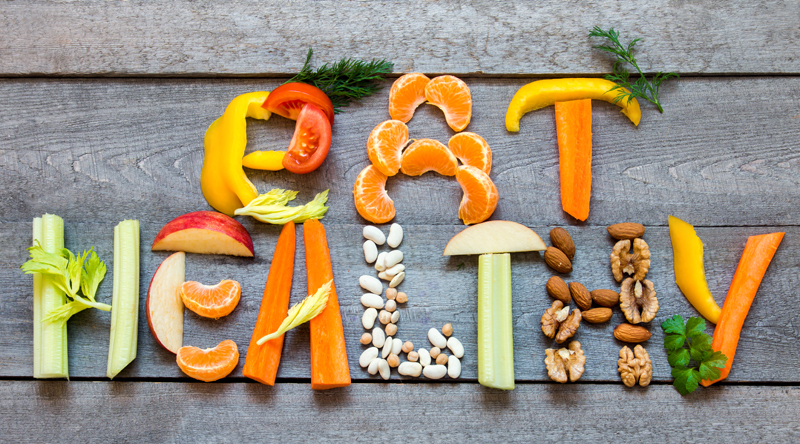Adopting a healthy lifestyle in Barbados can be achieved without excessive spending.
So says vice-president of the Dietitians of Barbados, Meshell Carrington who said, contrary to popular belief, eating healthy could be achieved at an affordable price.
Speaking during an event hosted by the Alexandra School Alumni Association at the school’s, Queen Street, St Peter, grounds over the weekend, Carrington said ground provisions and legumes were inexpensive, healthy options.
She pointed out that breadfruits could be purchased for around $3, while some legumes were on the market for even cheaper at around $1.60. Foods such as green plantain, yam, sweet potato, cassava, eddoes and brown rice were all available on the local market.
However, Carrington said a 2019 food survey done in Barbados revealed that sugar-sweetened beverages, poultry, ground provisions, rice, bread, cake, sweetbread, pasta, dairy products and fish were the preferred foods of Barbadians.
“The common theme was that the Barbadian diet was characterised by high sugar intake, with most of the sugar coming from added sugars. There are also high intakes of fat and salt and the dietary intake of fibre is inadequate…along with low intakes of fruits and vegetables,” she said.
“Meats are one of the major foods found to be consumed but we don’t need that much meat. People could probably reduce the meat consumption a bit and eat more legumes which are cheaper. Staples are the main source of carbohydrates, provide energy and also provide the body with dietary fibre.”
Additionally, she said a Barbados Food Consumption Survey done in 2000 revealed that on average, Barbadians ate out twice weekly.
Carrington also urged Barbadians to stay away from “ultra-processed” foods. She said a 2015 survey showed that 65 per cent of adults in Barbados were classified as either overweight or obese.
She told the session that the most consumed ultra-processed foods in Barbados included soft drinks, sandwich bread, salt bread, french fries and cereal.
“It [ultra-processed food] is defined as the formulation of ingredients, mostly of exclusive, industrialised use. So they are highly processed and they are typically created by a series of techniques and processes…There is no real nutritional value in them and all they provide are calories,” Carrington cautioned.
“The goal is really trying to get some energy balance, so the energy or calories that you are taking in, needs to equal the energy or calories that are going out. It is necessary to control energy because it is necessary to control weight.”
The dietitian explained that poor diets were the primary causes of hypertension, diabetes and some forms of cancer.
Carrington said it remained a concern that a large number of children in Barbados were obese.
“One out of every three children in Barbados between the ages of nine and 10 are either obese or overweight. That’s concerning because the earlier you start the more complications you will have because of the ill effect of the disease,” said Carrington. She also pointed out that 12 per cent of those children had elevated systolic blood pressure.










